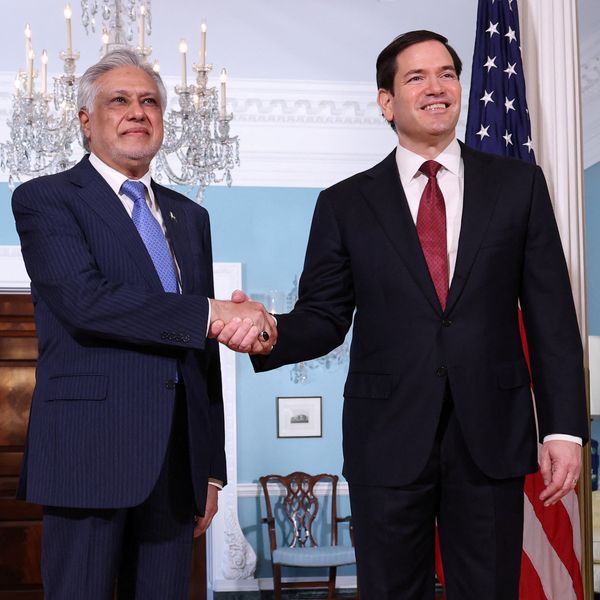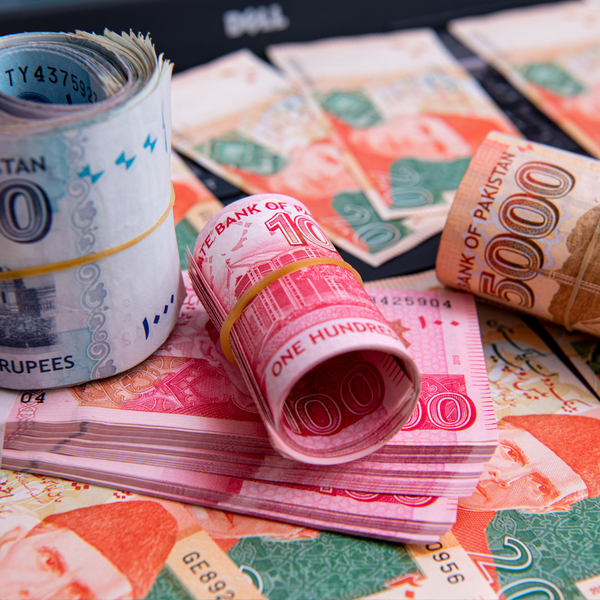Pakistan proposes 15% tax on social media ads to push tech firms to open local offices
Budget 2025-26 also outlines tax changes in real estate, equity markets, and erstwhile FATA/PATA regions
Business Desk
The Business Desk tracks economic trends, market movements, and business developments, offering analysis of both local and global financial news.

Pakistan has proposed a 15% tax on digital advertisements to platforms such as YouTube and Google in its federal budget for 2025-26. The government says the move is aimed at encouraging global tech firms to set up offices in the country.
Federal Board of Revenue (FBR) Chairman Rashid Langrial told the National Assembly’s finance committee that the tax on online ads for social media platforms will rise from 10% to 15%.
“The withholding tax is zero for those platforms which have offices in Pakistan,” Langrial said. “Basically, we want such platforms to establish their offices here.”
According to the finance bill, every social media and online platform with a digital presence in Pakistan will be required to file quarterly statements. These must include client-wise details of local and foreign vendors placing advertisements in Pakistan, and the amounts paid.
Real estate tax changes
Langrial also said the government plans to reduce the withholding tax on property buyers while increasing it for sellers.
He noted that the International Monetary Fund (IMF) initially objected to the adjustment, fearing it would reduce revenue. “However, they were later convinced that overall revenue would not decline,” he said.
Langrial added that a 7% federal excise duty that had been “wrongly imposed” has now been abolished after consultations with the IMF.
Equity market boost
Member of FBR’s Inland Revenue policy team told the committee the government wants to discourage investment in government securities such as Pakistan Investment Bonds (PIBs) and treasury bills, and promote the stock market instead.
To support this, the dividend tax on mutual funds has been rationalized. The tax rate on profits from government securities will increase from 15% to 25%, while the rate on equities will remain at 15%.
“This will direct investment to equity, as it was suffering due to PIBs and other government securities investment,” the committee noted.
Sales tax in FATA and PATA
Langrial also briefed the committee on new sales taxes for the erstwhile Federally Administered Tribal Areas (FATA) and Provincially Administered Tribal Areas (PATA).
A 10% sales tax will now apply on the import and supply of goods in these regions. The rate will gradually rise to 18% over four years.
Tea, ghee, and steel industries had raised concerns that tax-free imports from FATA and PATA were exceeding local production by about 10%, harming domestic industry.
“Only a few hundred people were benefiting from the current tax exemptions,” Langrial said. “This is not sustainable.”
He clarified that while sales tax exemptions are being phased out, income tax exemptions for FATA and PATA will remain in place for now.
Committee member Shehryar Tarakai opposed the move, citing deteriorating security and economic conditions in FATA.
“Tax exemptions were granted to promote development and create employment,” he said. “Incentives should be retained to support the struggling population.”
Committee Chairman Naveed Qamar directed all members to submit written responses on the proposal.
Tax on profit from debt
The committee also raised concerns over a proposed hike in the tax on profit from debt, which the FBR wants to raise from 15% to 20%.
Qamar directed the FBR to minimize the impact on small depositors.










Comments
See what people are discussing